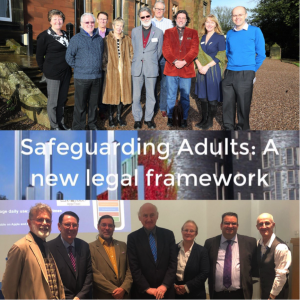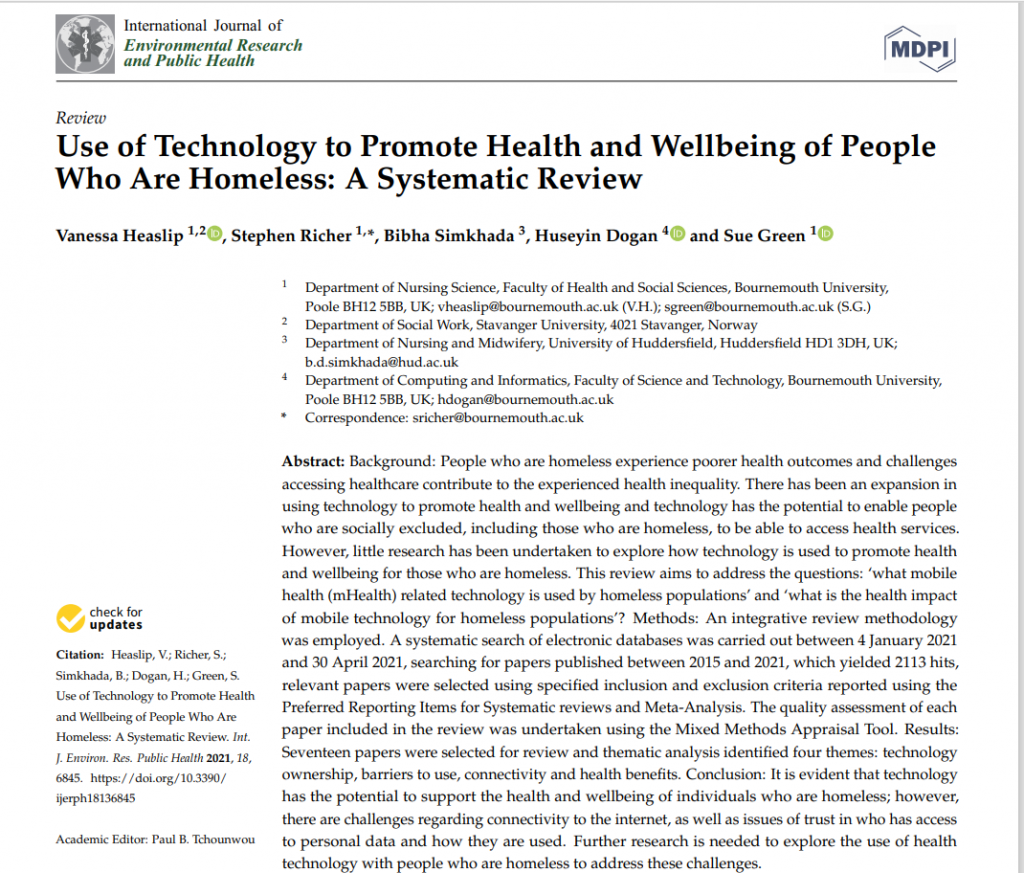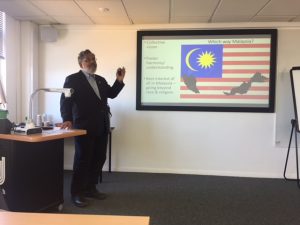
The final seminar in our ESRC seminar series concerning the development of legal literacy and adult safeguarding was held at the Friends’ Meeting House in London on the 11thOctober bringing together three years exploration of meanings, interpretation and learning from the implementation of the Care Act 2014. The series brought together expertise in adult safeguarding from the universities of Bournemouth, Bedford, East Anglia, Chester and led by Keele University, alongside practitioner expertise from 39 Essex Chambers and PASA-UK (Practitioner Alliance for Safeguarding Adults).
The morning session was chaired by Prof Jonathan Parker, who introduced the retired high court judge Sir Mark Hedley to begin the day by examining professional power and responsibility and the complexities of decision-specific capacity and the need for care, brought to life through a range of often heart-wrenching cases. Prof Paul Kingston (Chester) and Luke Joannou of the Royal British Legion then considered the topical area of safeguarding in the charitable sector that highlighted contemporary demands for good governance brought to the fore by recent cases involving Oxfam and Save the Children. The final session of the morning was presented by Kenny Gibson, the recently appointed head of safeguarding for NHS England. Kenny, only 120 days in post, articulated some of the changes NHS England was making to roll out understanding and improve practice in safeguarding across the workforce.
Prof Michael Preston-Shoot (Bedford) chaired the afternoon session. The Rt Hon Norman Lamb MP, the former minister who ushered through the Care Act 2014 began the afternoon, reflecting on transformative approaches to care and Winterbourne View. He was followed by Prof Jill Manthorpe (King’s College, London) who presented aspects of her research group’s work on whether or not powers of entry would be beneficial for practitioners working in adult safeguarding; a fraught and contested area of practice that raises the importance of debate in this area. Bridget Penhale (UEA) then took us back into the history of identifying elder abuse – a very recent history – showing the political twists and turns, and the ways this has added to calls for a UN Convention of the Human Rights of Older People. The afternoon was completed by Alex Ruck Keane (39 Essex Chambers) who took us back to the beginnings of the seminar programme and the elusive processes in developing adequate definitions to negotiate this complex practice milieu.
As the series drew to a close we have turned attention to sustainability, dissemination and taking forwards the learning. One of the central elements of the three years has been to raise awareness and knowledge amongst the next generation – public, professional and academic – of adult safeguarding and to identify and challenge blurred lines within society. One way of doing so has been to ensure spaces are available for students, at all levels of study. As an example of our BU fusion approach, promoting the interface of research, education and practice, final year Sociology & Criminology student, Andreas Bubier-Johnstone joined the seminar, his interests developing through the degree programme. His reflections are useful:
As a third year Sociology & Criminology student wanting to pursue a future career in Adult Safeguarding I found the seminar overall a tremendous help. On arrival I was greeted by many fantastic minds, and felt instantly welcome. All of the speakers provided me with new and, more importantly, useful information, whether it was from textbook legalities and standard protocols, to their own personal experiences; it was both fascinating, and stimulating. I found the overall diversity of the speakers, something of great interest. Being able to gauge information from different people, and perspectives was a great touch in showing different fields and how they function.
What I took away from the day simply was clarity. I knew after the seminar was over, that I really did want to pursue a career in adult safeguarding. It gave me a new founded drive, speaking to people who are developed in the field really has given me a boost, and hunger to achieve my future career goals. The people who attended the seminar were all very helpful, and provided me with information on how to further achieve my goals for the future.
Jonathan Parker and Andreas Bubier-Johnstone














 From Sustainable Research to Sustainable Research Lives: Reflections from the SPROUT Network Event
From Sustainable Research to Sustainable Research Lives: Reflections from the SPROUT Network Event REF Code of Practice consultation is open!
REF Code of Practice consultation is open! BU Leads AI-Driven Work Package in EU Horizon SUSHEAS Project
BU Leads AI-Driven Work Package in EU Horizon SUSHEAS Project Evidence Synthesis Centre open at Kathmandu University
Evidence Synthesis Centre open at Kathmandu University ECR Funding Open Call: Research Culture & Community Grant – Apply now
ECR Funding Open Call: Research Culture & Community Grant – Apply now ECR Funding Open Call: Research Culture & Community Grant – Application Deadline Friday 12 December
ECR Funding Open Call: Research Culture & Community Grant – Application Deadline Friday 12 December MSCA Postdoctoral Fellowships 2025 Call
MSCA Postdoctoral Fellowships 2025 Call ERC Advanced Grant 2025 Webinar
ERC Advanced Grant 2025 Webinar Update on UKRO services
Update on UKRO services European research project exploring use of ‘virtual twins’ to better manage metabolic associated fatty liver disease
European research project exploring use of ‘virtual twins’ to better manage metabolic associated fatty liver disease